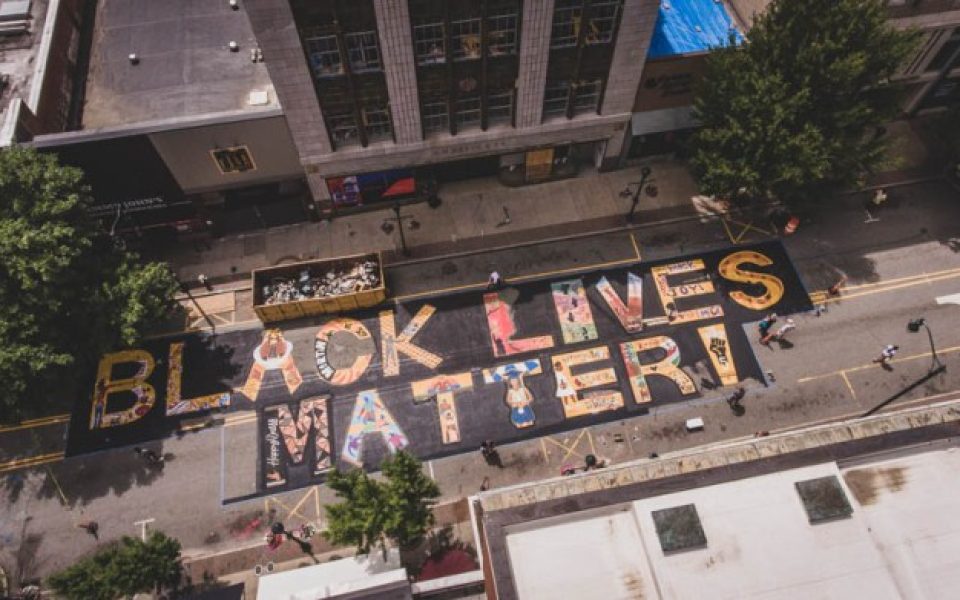
“The list of those Southern newspapers that were on the wrong side of history is long.”
So begins the second part of Poynter’s four-part investigation into how Southern newspapers perpetuated harm against marginalized communities for much of history. And at TCB, it’s something we think a lot about in terms of our responsibility to our community.
During a recent talk at Elon University, I was asked by a professor how I handle the perception of political bias within my work. And the answer that we’ve landed on is simple: We want to report and tell stories in a way that in 50, 60, 100 years time, we can look back and say: We were on the right side of history.
Even before Poynter’s investigation, we knew the harm that many legacy news organizations have and continue to enact on our most vulnerable communities. Spending about an hour on the UNCG Gateway archives, I found multiple instances in which our local daily paper, the News & Record — then named the Greensboro Daily News — perpetrated harm against the Black community during desegregation, student boycotts, the Black Power movement and in the aftermath of the 1979 Greensboro Massacre.
More recently, a local Black, queer activist was doxxed during a livestream by a News & Record employee during the 2020 protests. In response, the managing editor of the N&R at the time met with the activist, who made demands of the paper after white supremacists threatened to harm her and her child. The meeting didn’t end well.
We want to report and tell stories in a way that in 50, 60, 100 years time, we can look back and say: We were on the right side of history.
A few weeks ago, I was invited to speak on a panel with the activist in an event titled, “Building Solidarity Between Organizers and Journalists,” because of my work during that same year.
During that event and during my talk at Elon University, I reiterated our view at TCB about the myth of objectivity. In essence, to be purely objective as a journalist is impossible. We are not robots. We all exist in a society and come with our own baggage, experiences and identities that help us navigate the world. And I think that’s a great tool as a journalist.
We also don’t believe in telling both sides of the story for the sake of “objectivity.” In many of the stories published in the N&R that I gave as examples, the issue was with the framing. For example, allowing a Black student protester to say their piece but also letting a white person argue against integration. Or saying that the Greensboro Massacre was “senseless and brutal” while running a concurrent piece that “both factions… represented fanatical, distorted views of humanity.”
That’s not objectivity; it’s the view from nowhere and it only exists to maintain the unjust structures within our society. What we instead strive to be is fair.
It’s through this lens that we view the Black Lives Matter movement (which is just the Civil Rights Movement of our time isn’t it?), transgender rights, refugee rights and the right to bodily autonomy. Our inkling is that the Overton window of the acceptability of these issues will have shifted in a few decades, and hopefully sooner than that. And looking back on our reporting then, we want to proudly be able to say we reported from a place of justice, not harm, now.
Join the First Amendment Society, a membership that goes directly to funding TCB‘s newsroom.
We believe that reporting can save the world.
The TCB First Amendment Society recognizes the vital role of a free, unfettered press with a bundling of local experiences designed to build community, and unique engagements with our newsroom that will help you understand, and shape, local journalism’s critical role in uplifting the people in our cities.
All revenue goes directly into the newsroom as reporters’ salaries and freelance commissions.


Leave a Reply